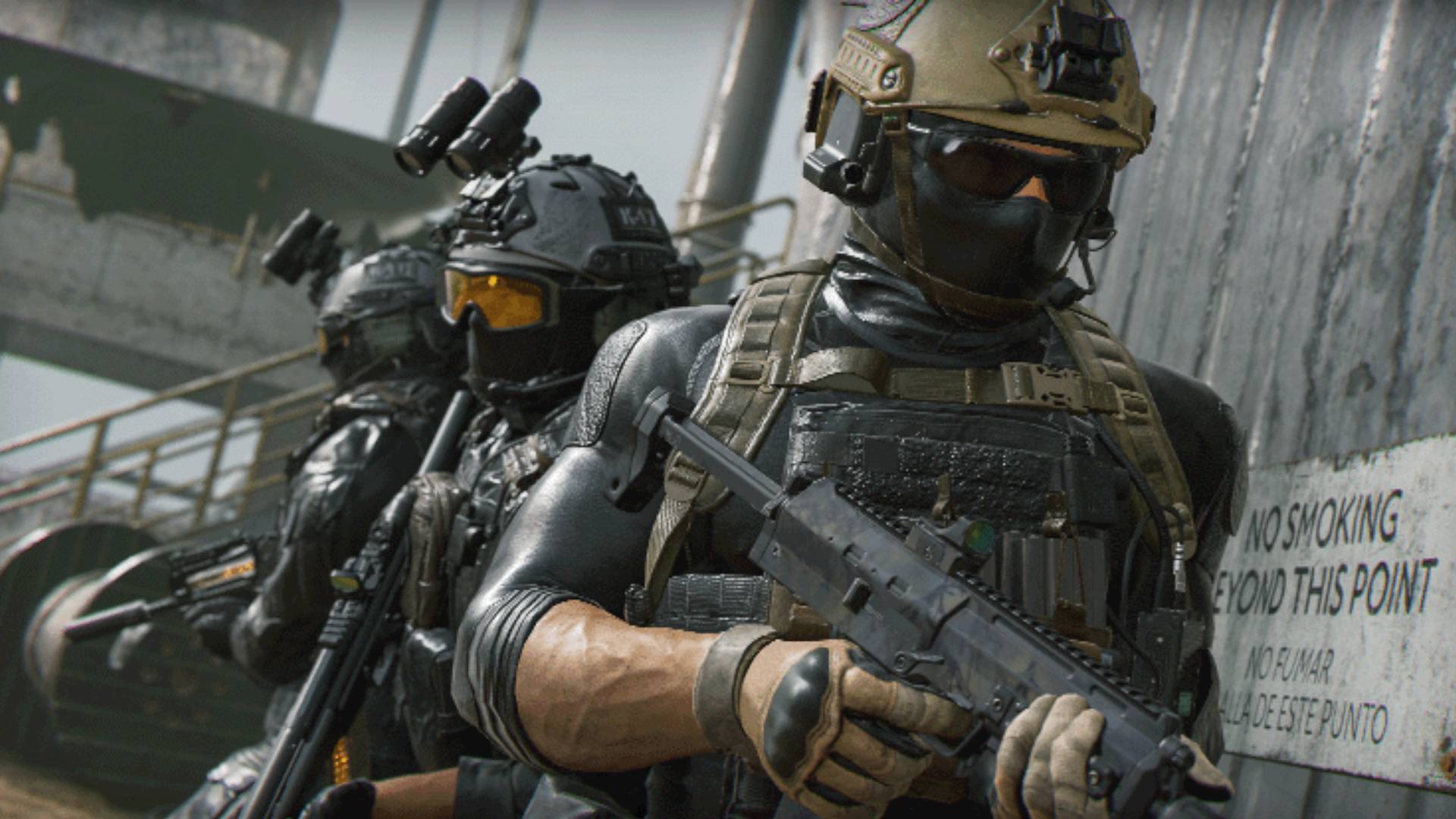Call of Duty matchmaking consists of many factors with 'connection' being the most critical
Ping is King

Activision has revealed an inside look on how its Call of Duty multiplayer matchmaking works, revealing that skill is one of the least important factors.
In a recent blog post, the company kept its promise from last year to be more transparent in how it discusses matchmaking in its games like Call of Duty: Modern Warfare 3, and offered a deep dive into how the system dubbed 'skill-based matchmaking' in the community. This explanation, it added, is specifically for Call of Duty multiplayer, not ranked play or Warzone.
However, although Call of Duty does consider skill as a variable, it's not the dominant one, and Activision prioritizes several factors to create lobbies, with "connection" being "the most critical and heavily weighted factor" in the process.
"Whether you're playing for fun with friends or looking to climb the leaderboards, connection is the most important part of the online Call of Duty experience," Activision explained. "Connection dictates the speed at which the game can transfer information from every player to and from our servers.
"Call of Duty's matchmaking process evaluates a metric we call 'Delta Ping', which is the difference in round trip time of the data between your best data center (almost always the one closest to you) and the data center onto which your lobby has been placed (based on all players in a lobby). To reiterate, we always try to maximize the time we place players in data centers that are closest to them."
The entire matchmaking process consists of eight variables, including connection, time to match, playlist diversity, recent maps/modes, skill/performance, input device, platform, and voice chat.
Time to match is the second most critical simply because it's better to not have to wait around when queuing for a match, while skill and performance is "used to give our players - a global community with a wide skill range - the opportunity to have an impact in every match."
Sign up for breaking news, reviews, opinion, top tech deals, and more.
The post continued: "Every time a player begins matchmaking in Multiplayer, for example, the process needs to work through all these factors to find other players (all of which are also being analyzed) to quickly assemble a lobby that is stable and competitive."
Activision added that skill is also measured in matchmaking with teammates, as well as enemies after previous games have been calculated. That performance is used to ensure that there isn't a drastic gap between the most and least skilled player in the lobby, as data shows that lower-skilled players are more likely to quit matches when they're losing - which is bad for the overall ecosystem.
It's also been recognised that many high-skilled players want more variety, "but often feel like they only get the 'sweatiest' of lobbies," and Activision is going to continue testing and "actively explore ways to mitigate this concern."
For more, here's our list of the best FPS games, as well as the best multiplayer PC games available to play in 2024.
Demi is a freelance games journalist for TechRadar Gaming. She's been a games writer for five years and has written for outlets such as GameSpot, NME, and GamesRadar, covering news, features, and reviews. Outside of writing, she plays a lot of RPGs and talks far too much about Star Wars on X.
